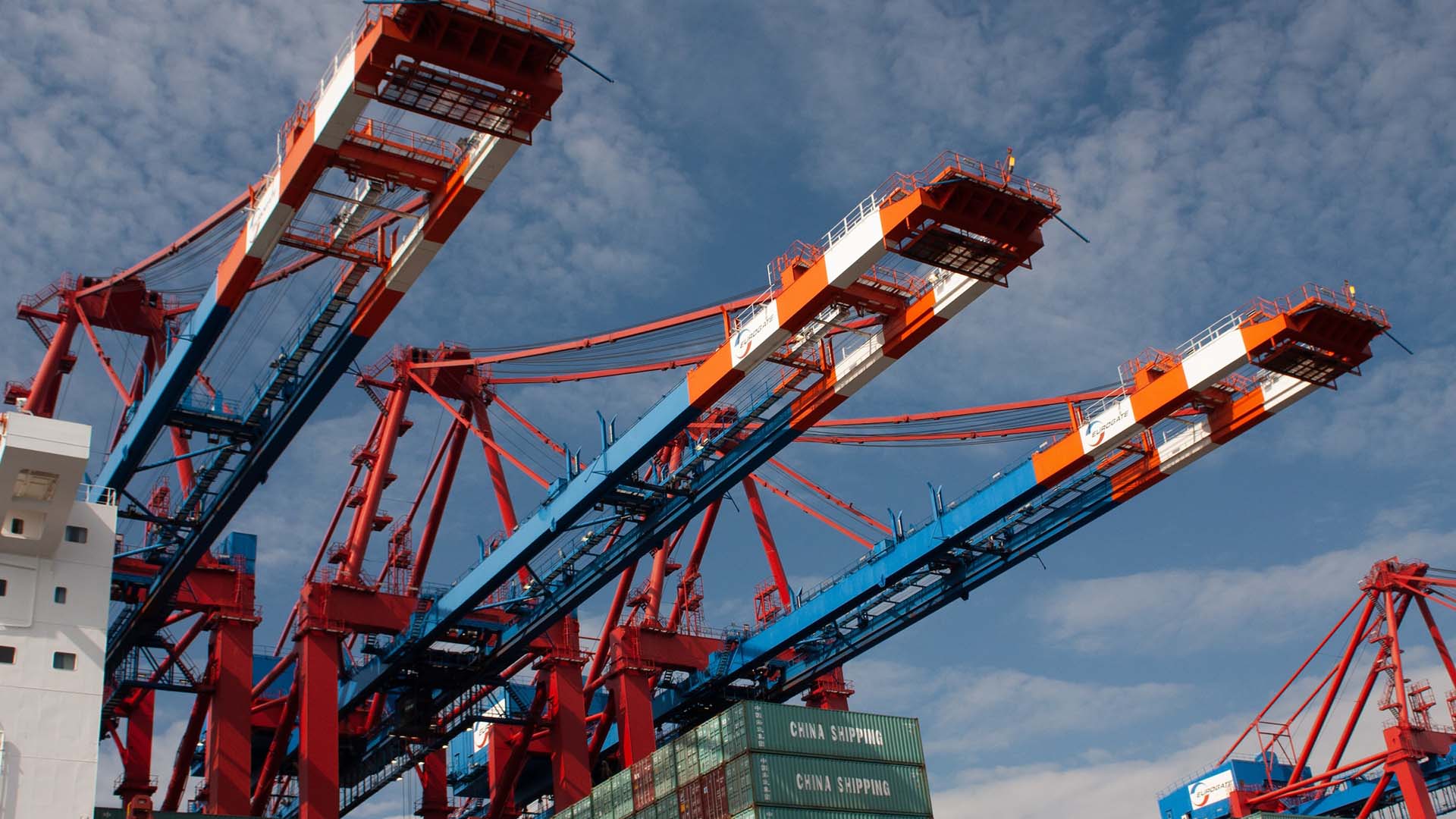US considering revoking authorizations for Samsung, Hynix, TSMC in China - sources
The U.S. is planning to revoke waivers that currently allow major chipmakers—Samsung, SK Hynix, and TSMC—to export American chip-making equipment to their China-based factories without special licenses. This shift would bring these firms under stricter export controls, aligning with Washington's broader strategy to limit China's access to advanced semiconductor tech.
While U.S. officials say this isn't an escalation, the move could disrupt global chip supply chains and strain relations with key allies. It also triggered a drop in shares of U.S. equipment suppliers like Lam Research and Applied Materials.
How AI-Driven Manufacturing Can Restore America's Semiconductor Dominance
The article explores how integrating AI into U.S. semiconductor manufacturing can spark a resurgence in global competitiveness:
-
Smart fabs: AI-driven “smart factories” use real‑time monitoring and automation to boost production yield and efficiency—helping U.S. plants rival high-end international fabs.
-
Accelerated design: Machine learning tools like Cadence and Synopsys dramatically cut chip development time—shrinking multi-month cycles to weeks.
-
Predictive maintenance: AI anticipates equipment failures, reducing downtime and repairs.
-
Supply‑chain intelligence: Smart forecasting and risk modelling optimize inventory and adapt to global disruptions.
-
Economic impact: With AI‑optimized processes, U.S. fabs can deliver faster, cheaper, and greener chips—supporting domestic leadership backed by CHIPS Act investments.
Why it matters
-
Strategic advantage: AI‑driven manufacturing directly supports national goals under the CHIPS Act to reshore chip production.
-
Financial upside: Faster design and higher yields strengthen American firms’ global competitiveness.
-
Future opportunity: Enhanced fabs, backed by federal funding, position the U.S. to lead in advanced nodes and emerging technologies like edge AI.

Meeting the challenges of pharmaceutical logistics
Modern pharmaceutical logistics faces high stakes: tight regulations, temperature-sensitive products, and the growing demand for speed and traceability. The article explores how digital solutions are addressing these challenges:
-
Real-time monitoring: Logistics teams now rely on live data to track vehicle locations, driver behavior, and cargo conditions—allowing for quick rerouting and issue resolution.
-
Cold chain control: Advanced temperature sensors and telematics ensure that sensitive medicines stay within required conditions, with automatic alerts and detailed logs for compliance.
-
Security improvements: Digital tools like geofencing and driver alerts help safeguard against theft, unauthorized access, or unsafe handling of pharmaceutical cargo.
-
Operational efficiency: Automation in tasks like maintenance scheduling and route planning reduces downtime and delivery delays, especially important in last-mile logistics.
-
Sustainability benefits: Smarter routing and eco-driving insights help reduce fuel use and emissions, supporting broader environmental goals.
Get more articles like this in your inbox
Sign up for our monthly newsletter
Find more articles



